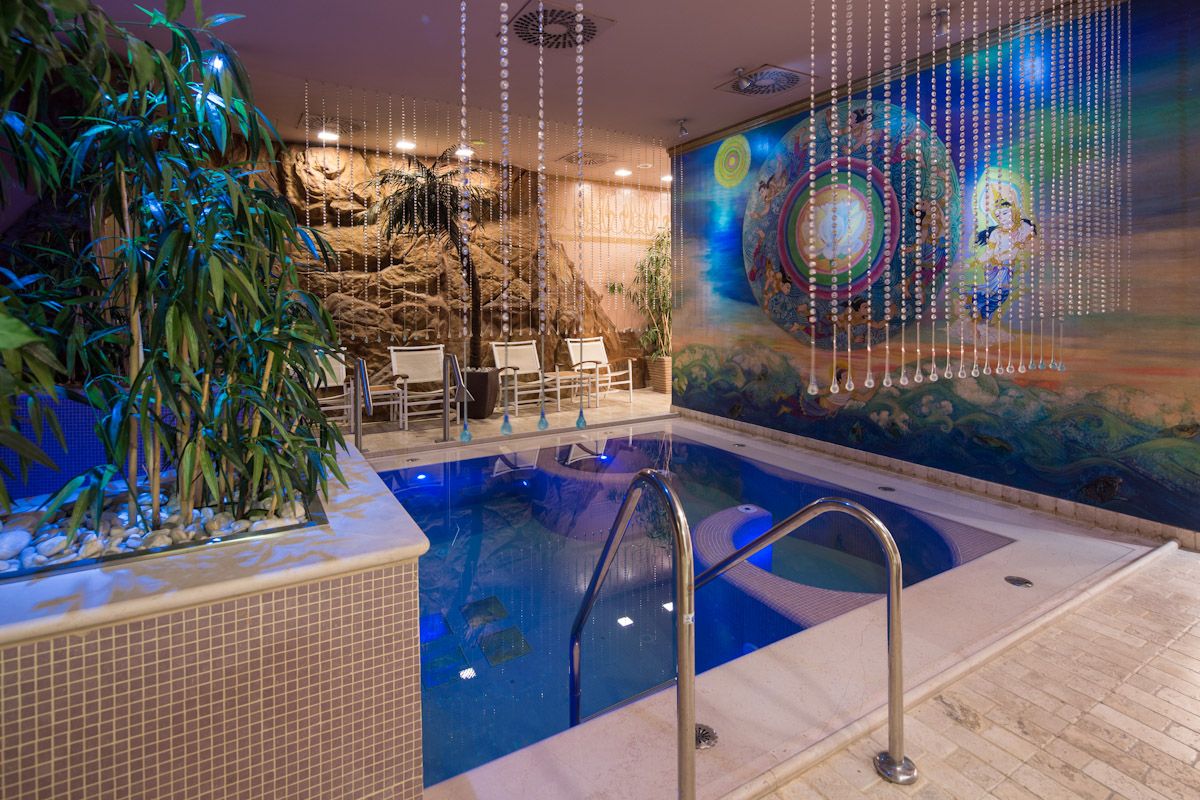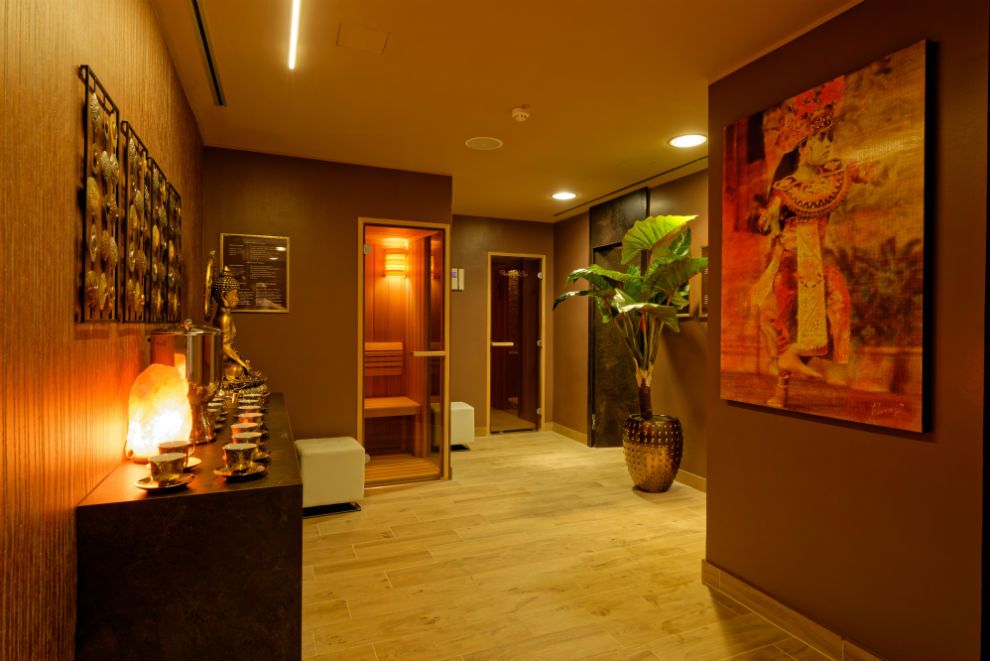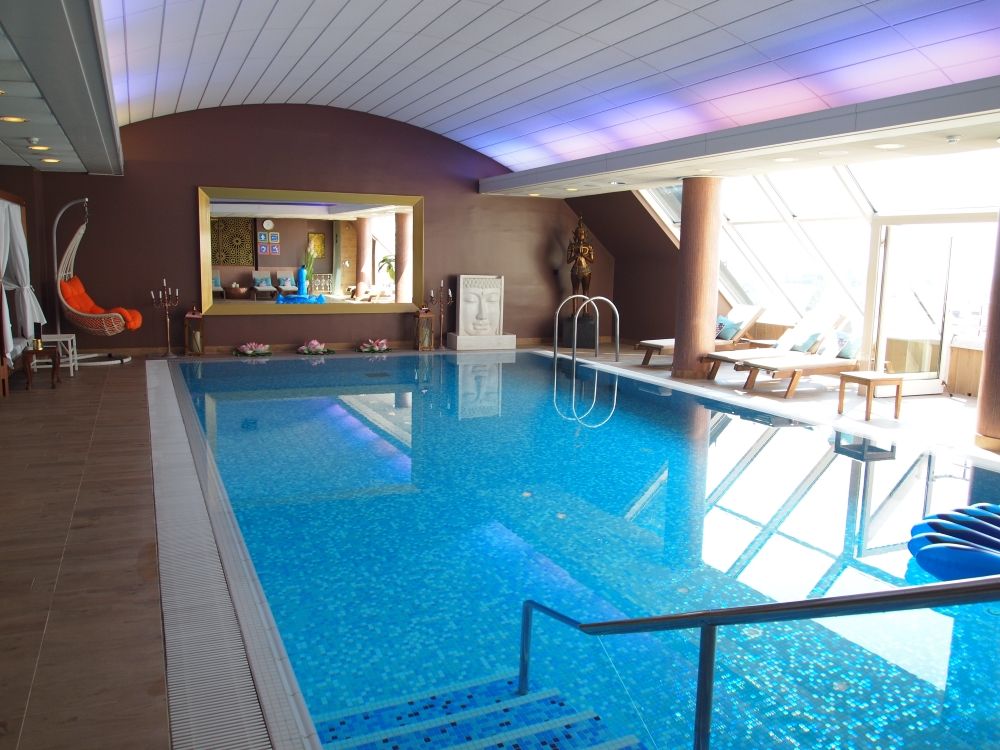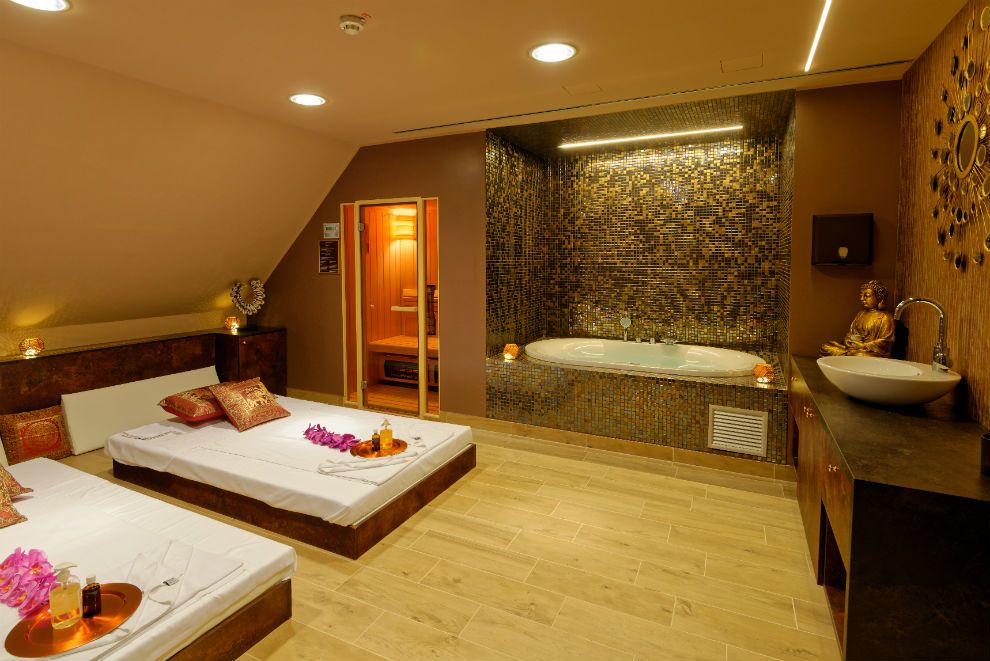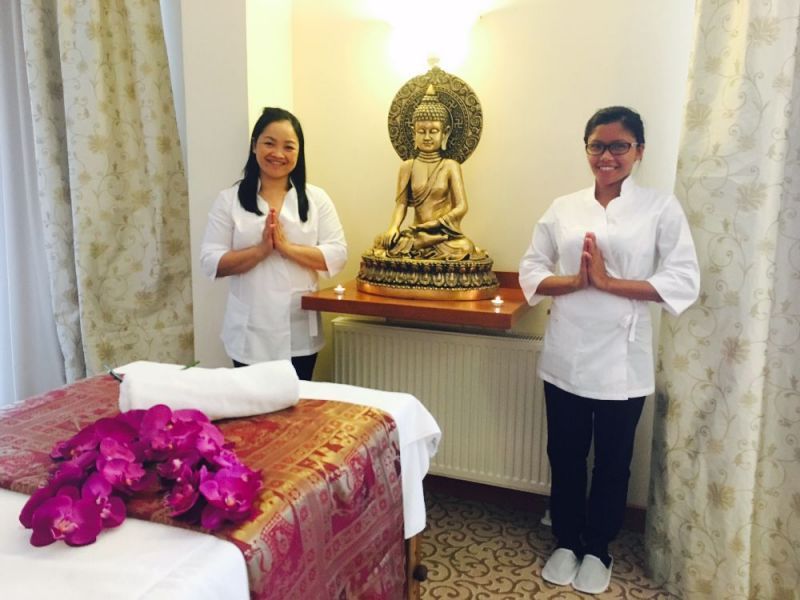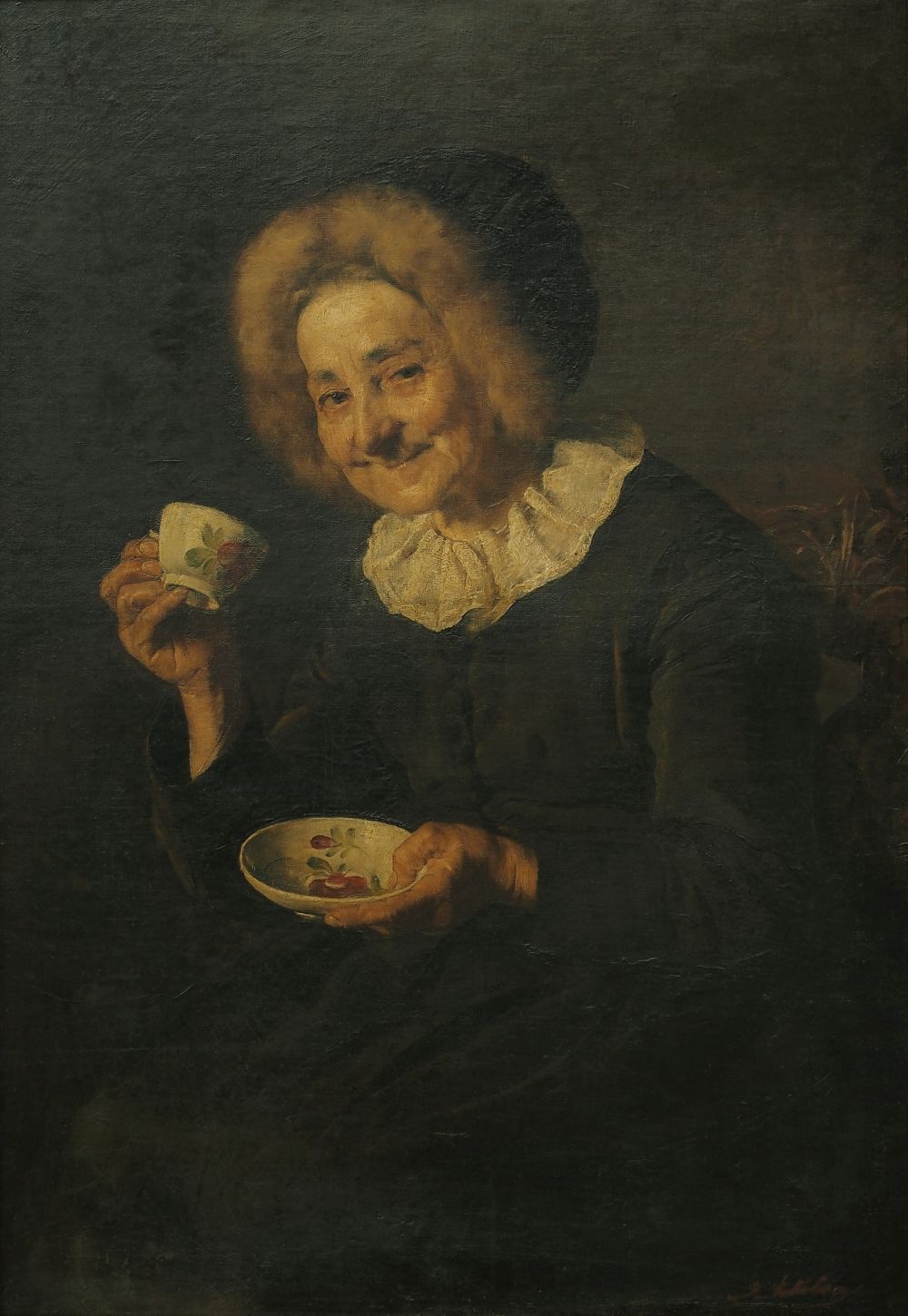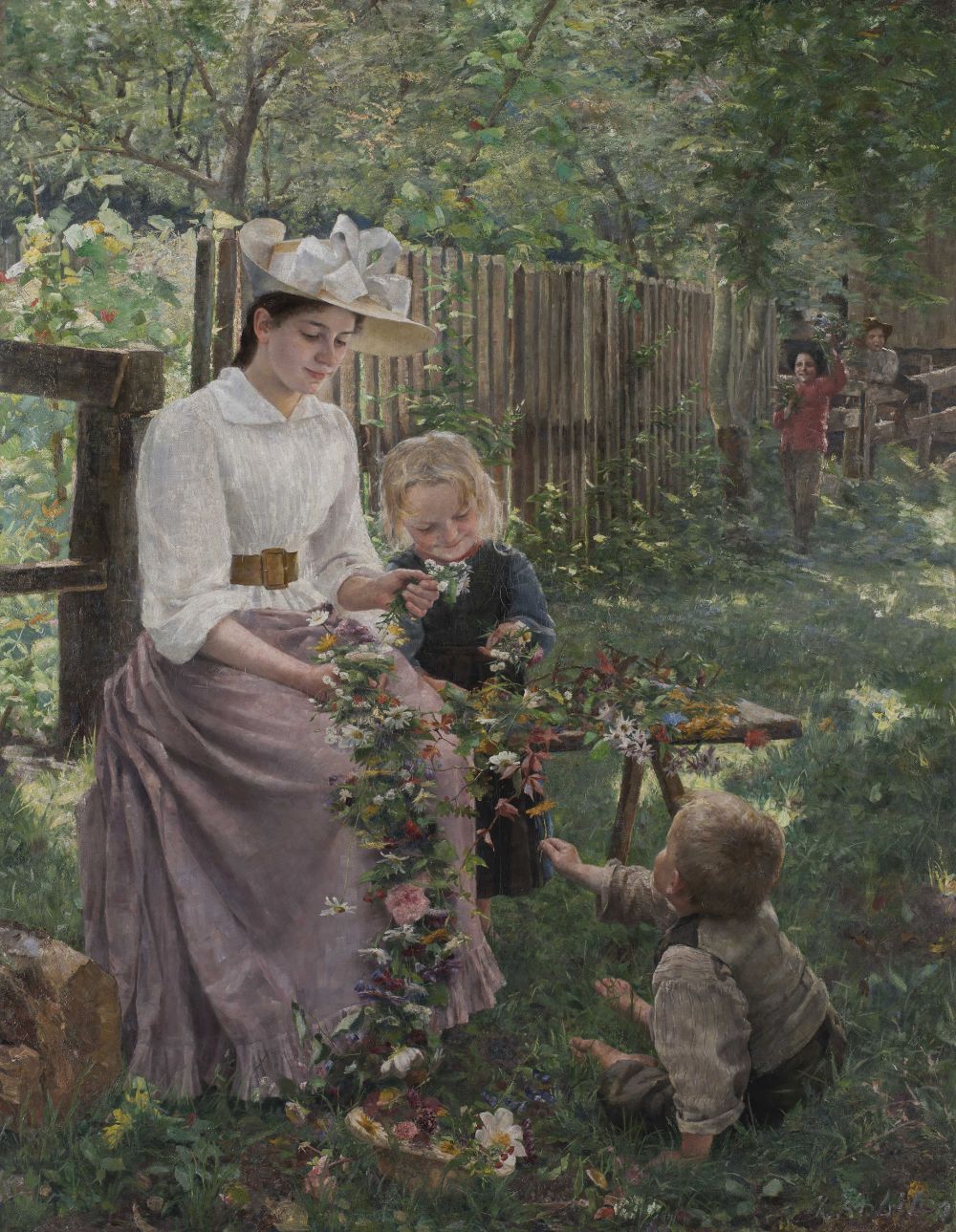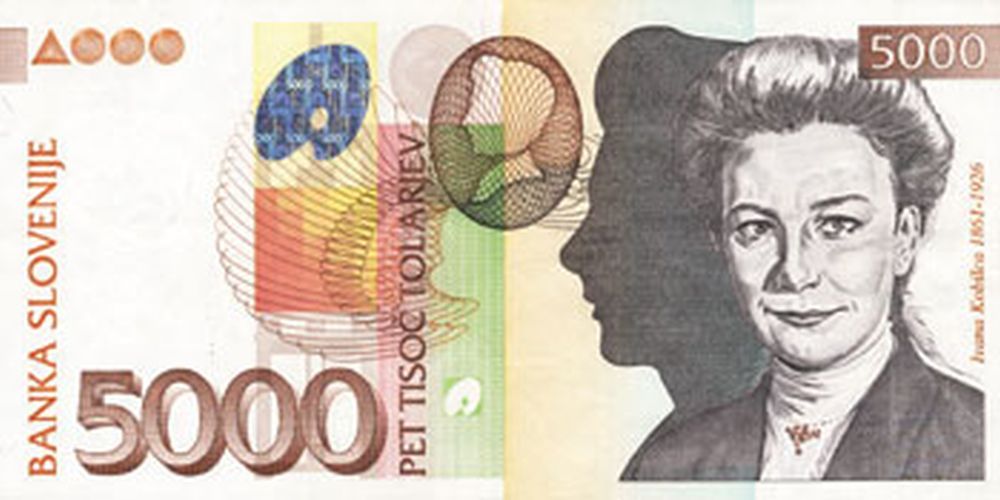STA, 21 December 2018 - President Borut Pahor has called for a concerted cooperation-based effort for changes that will keep Slovenia safe and economically robust in the face of pending global turbulences. He spoke to TV Slovenija about the need for structural changes, electoral reform, for a multilateral approach to migration, and for protecting free speech.
Pahor feels the level of cooperation in Slovenia is adequate for the present challenges, "but it is not sufficient for the demands of the times ahead."
Dangers ahead on multiple fronts
"I feel that we're all not really understanding yet that the times around us are changing, that the situation is changing at home and in particular in the international community and that a time is coming, without fail, which we all have to get ready for, as a state, its decision makers, as a community, as people, as a society."
Pahor fears Slovenia is relying too much on the recent positive trends. He argued that while "on the surface things are looking stable politically, right under the surface the rocks are hiding of party and bloc divisions".
He argued that in "the coming months, years this surface level will drop a little, as expected, and then these rocks will start sticking out sharply".
Pahor would like to see a sense developed that "we owe it to each other to cooperate, trust each other more, even if this will not happen overnight, because certain grudges remain".
"The problems ahead should not inspire fear in us, but are still a valid cause for certain concerns."
Security and the economy depend on cooperation
Listing the main priorities, he said Slovenia first and foremost needed to remain a safe country. It also needs to make its economy more "robust, resistant to the business cycle blows and perhaps recession".
Perhaps the most important thing however is cooperation. "We depend on each other" and "realising this and relying on each other would keep us on track no matter what lay in store".
"In the coming year, when it seems that this will be the last year of relatively favourable economic circumstances, the government and everybody cooperating with it have to create conditions for structural adjustments," Pahor said, arguing this would also boost the country's credibility and scope for action abroad.
Slovenia will win Croatian border dispute, and it’s electoral system will be reformed
Turning to the border arbitration impasse with Croatia, Pahor said it was important for Slovenia to have good relations with all neighbouring countries.
"I think it could be good if we'd give the debate on arbitration some time to calm down, while in the meantime I'd strive for constant dialogue between Zagreb and Ljubljana, including on how to implement the arbitration award."
He however stressed that "alternatives are not an option for us". Still, "there is no need to be nervous, impatient, because in the end, sooner or later, the border will be on the lines drawn by the tribunal".
Pahor "cannot imagine any scenario - peaceful, without the use of force or any major public opposition, possibly conflict-causing - that would lead to a different outcome of any sorts".
Touching on the Slovenian political system, he said he had taken the task upon himself, "one that everybody agreed with", to convene a meeting of parties in January to "start the very demanding discussion on a reform of the electoral system".
Arguing the sense in the public that politics is too self-involved is somewhat justified, he said the direction of electoral reform, also demanded by the Constitutional Court, "is more or less clear".
Finding a redrawing of election districts impossible, Pahor feels it more likely that more prominence will be given to electoral units and to the possibility of a preferential vote.
Pahor defends Catalan meeting
Quizzed about the tensions with PM Marjan Šarec over Pahor's decision to receive Catalan President Quim Torra, Pahor said that talking about major discrepancies in foreign policy was an exaggeration and that Šarec and him simply thought about the situation independently.
Pahor said his initial decision had been not to receive Torra. "It would't have been a wrong decision, but it was not good enough for me. Somehow, my heart did not allow it, I have to be honest here," he said, noting the tradition of good relations with Catalonia.
Meanwhile, returning to global politics shifts, Pahor stressed he was not a nationalist but still wanted Slovenia "to strengthen all the attributes of its statehood and sovereignty", as some of ripples of the changes could also reach Europe.
On the other hand, while nationalist forces are building ties in Europe, "we, who believe in European integration, have been unable to cooperate".
He still feels things are controllable, and urges a perspective that is out of box and that may raise eyebrows but could be a solution. Pahor would like to see another push for a constitutional process in the EU and plans to contribute with initiatives, including as part of what is known as the Ljubljana Process.
TEŠ6 and corruption
Quizzed about the TEŠ6 generator scandal, fears that the case will become statute barred and the general sense that the judicial system in protecting the elite, Pahor said he felt there was enough material available on the TEŠ6 case now to get to the bottom of things.
This would be good for future project too. There is a lack of trust presently stemming from bitter past experience that we haven't learned from, Pahor said.
"I wish things would move faster and express my trust that the legal institutions will deliver," he concluded.
As regards the situation of the current government, Pahor is happy that it has a solid support level even though it is a minority government and believes it should utilise this to secure structural reforms.
"Cooperation with the opposition will be necessary here, but I see problems here that could prove bigger in the coming years than it seems today," said the president, who announced he would continue to host consultations to try to find consensus.
Controlled migration depends on an international order and rules
Turning to migration, Pahor said he had felt he had to take an early stance on the UN migration compact, because of the "fear in part of the public that the compact will lead to an open doors policy or be seen as such by migrants".
"This is definitely not the case," he stressed, while arguing Slovenia's response was more than just about refugees, it was also about its identity and about its approach to multilateralism.
Situated at a very sensitive geopolitical location, Slovenia is in fact protected by the international order, Pahor said.
"We are the ones who need to push for these rules to be respected - the big ones can perhaps get away with violating them, but they are vital for us", he said arguing the joint UN approach will "only strengthen our ability to deal with the situation".
Free speech vs hate speech
Meanwhile, asked about his refusal to take a clear stance on the spreading of hate speech in Slovenia, Pahor said he called for tolerance and respect in practically all of his speeches but was careful when confronted with demands to take a stance on specific issues.
Moreover, Pahor is a strong believer in the freedom of speech and fears issues related to the blurry line between acceptable and hateful speech. He feels the situation required personal and political responsibility to be kind and respectful.
"We'll only get through these tough times be speaking our mind openly," he said, while asserting he is "not among those who believe there is more hate speech today".
"It is just more visible and more present because of social as well as traditional media...It is more present in a qualitative sense," Pahor said, while noting some similarities with the 1930s. "And I'm concerned, that is why I call for tolerance."


